International trade is the ultimate curate’s egg for Irish farmers.
It is good because our productive farmland and relatively small population means that we export 90% of what we produce, comparable only with New Zealand in share of production consumed outside the domestic market.
On the other hand, as a member of the EU, our farmers are the most restricted of anywhere in the world in how they farm and this puts farmers, especially in the beef and tillage sectors, at a serious competitive disadvantage with their counterparts outside the EU.
Trade policy
Trade policy in the EU has been to develop trade deals with countries and trade blocks elsewhere in the world. However, deals concluded in the last decade will only begin to have meaningful impact on Irish and EU farmers in this decade.
Overall they mean an opening up of EU markets to agri-food exporters from around the world. The EU has high tariffs that act as a barrier to imports, which have been particularly effective in the beef, sheep and dairy sectors.
Some deals, like that with Japan, are positive for Irish farmers but, on the other hand, the yet to be ratified deal with Mercosur and those in negotiation with Australia and New Zealand will all be negative, particularly for beef and sheep producers.
Access to the EU market for agricultural produce is the main ask from these negotiations and the problem for farmers is that outside of the beef and sheep sectors, these trade deals are broadly neutral for farmers but extremely positive for the wider economy, especially in the pharmaceutical sector, which is the biggest contributor of exchequer revenue to the Irish Government.
Brexit effect
For Irish farmers, wrestling with EU trade policy has been an ongoing issue, but it has taken an entirely new twist with the UK leaving the EU and developing its own independent trade policy. The UK is a net importer of 30% of the food it consumes so in trade negotiations with countries that are major exporters of agricultural produce, there is a natural fit.
In the one deal it has concluded so far, with Australia, this has been very clearly demonstrated. While the EU wrestles with the level of quota access and at what tariff level, the UK has given Australia levels of quota that effectively make it an open door into the UK market.
While this has been agreed with Australia only, it will nevertheless be the basis for all future trade negotiations. New Zealand is next in line for a trade deal with the UK and while a deal with the US may be a longer-term target, a new deal with Canada will also happen in the near future.
This will be to replace the EU deal that was rolled over by Canada and the UK as an interim measure pending the negotiation of a separate deal. It is likely that this deal, when it comes, will also give more favourable access to the UK market for Canadian produce.
Impact on Ireland
Arguably what the UK does in terms of international trade deals has even more impact on Irish farmers than what the EU does. With the UK being such a key export market for Ireland, especially for beef, an open door access policy for Australia, New Zealand, Canada and ultimately South American countries will create huge additional competition in the imported beef space in the UK market. Currently Ireland has effectively a free run at this market, supplying almost 80% of all UK beef imports, which accounts for half of our beef exports.
There is a further twist. The EU-UK TCA facilitated unlimited access to the EU 27 for all UK exports so they can sell unlimited quantities of beef and sheepmeat from Britain to the EU. If the market in Britain becomes crowded with extra imports, additional UK beef and sheepmeat exports are likely to the EU 27. This would leave it supplying the markets that Irish exporters would be looking to within the EU to take product displaced from the UK market.
There is something of an irony in Irish produce being squeezed out of Britain from additional non-EU imports while at the same time facing increased competition from British exports to the EU.
Of course at this point all of this is in the future and has absolutely no impact on current markets which are particularly strong for all commodities. However, as this decade progresses, the effects of EU and UK trade deals will begin to take effect. The reality for Irish beef and sheep producers is that by the end of the decade they will be competing in export markets at world market prices, just as dairy and tillage farmers have been doing for some time.
The livestock sectors have already been put under pressure, which is only going to increase from the CAP strategic plan and EU’s Farm to Fork strategy. There is a very legitimate debate that has not yet taken place about how EU policy squeezes its internal production to essentially replace lost production by imports from outside the EU.
This effectively outsources the climate issue on livestock within the EU but fails to address the overall climate issue, which can only be effectively tackled on a global basis. Trade policy will likely have as big an impact on Irish farming over the coming decade as CAP policy and between them they are likely to curtail the output from the livestock sector.





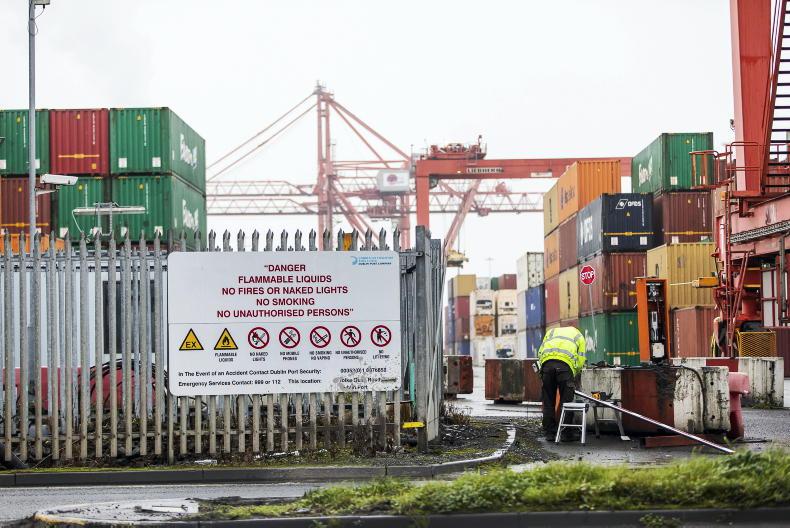
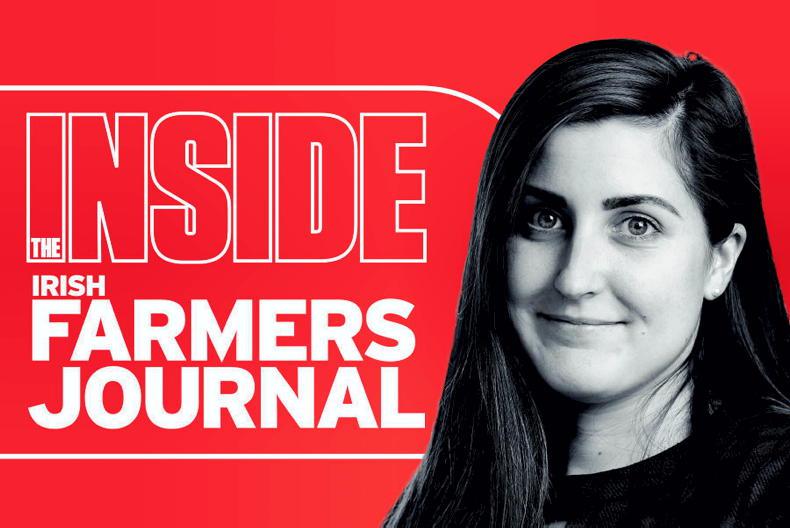
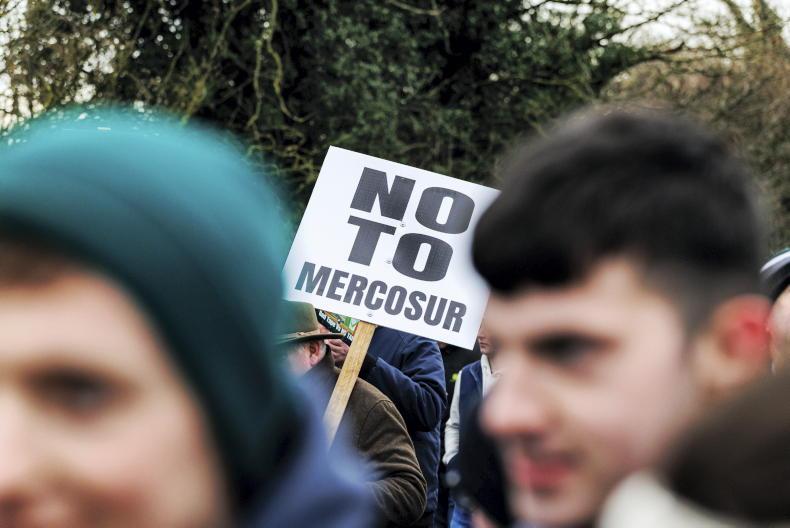
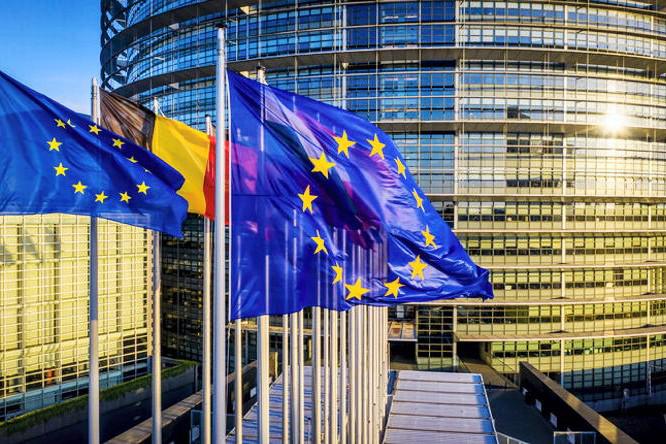
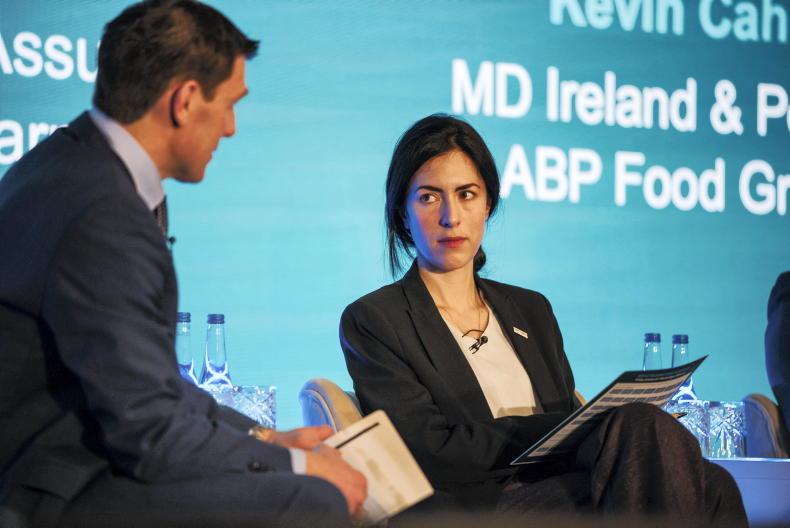
SHARING OPTIONS